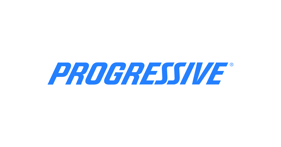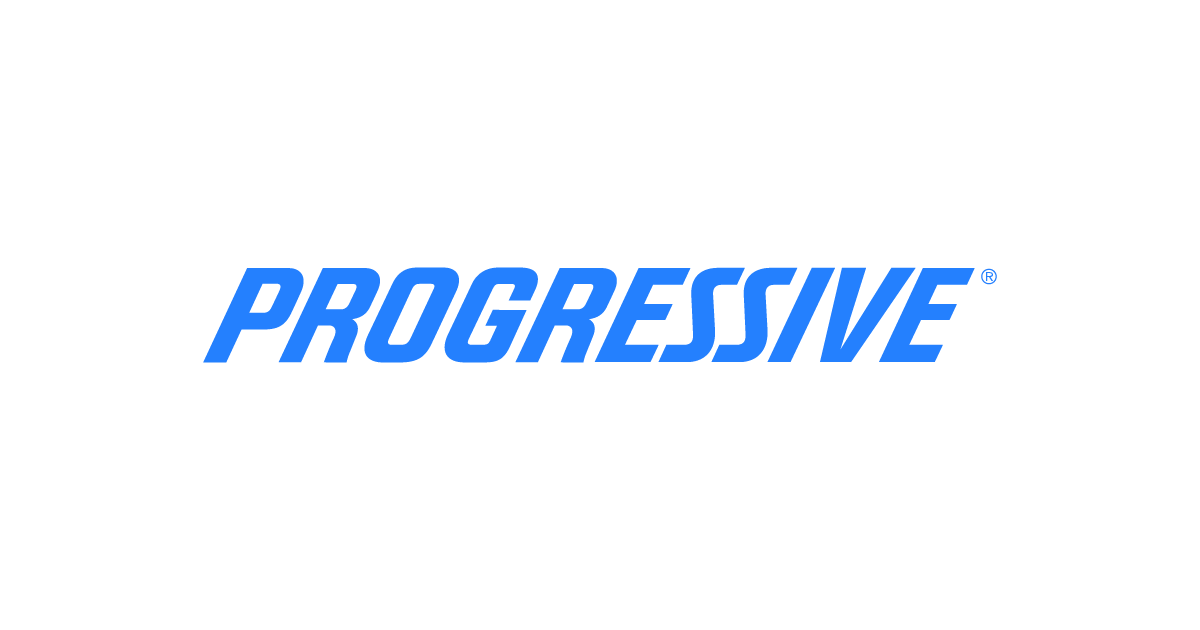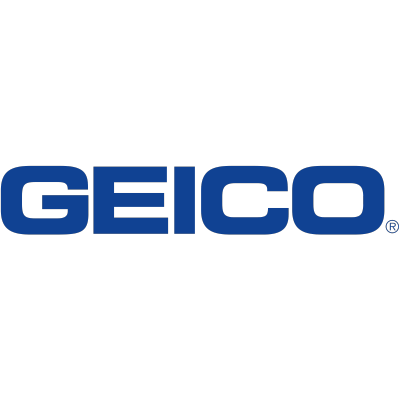The base vehicle used for benchmarking purposes is a 2019 Honda Civic averaging 14k miles driven per year.
The base driver persona is a 35 year old single male with at least (1) driving ticket that uses their vehicle for personal commuting with coverage limits set to the following: (unless otherwise noted)
- Coverage: $50,000 per person / $100,000 per accident /$25,000 property damage
- Deductible: Comprehensive with $500 deductible / Collision with $500 deductible
- Other: No uninsured or underinsured coverage
Insurance products are then rated on a scale of one to five stars, primarily focusing on:
Pricing
With so many options for insurance across the board these days, it's easiest, and quite effective, to first look at the bottom line. Do single out competitive prices across insurance categories it's important to focus on:
- Deductibles
- Terms
- Coverage
- The fine print
Discounts
Insurance provides coverage for unexpected financial burdens and piece of mind. But it's important to check your policies and see how you can lower your premium. Insurance companies offer discounts for all sorts of things now from safe driving to good grades to automatic bill pay. Pay attention to:
- Discounts offered
- Variety of discounts
- Discount qualifications
Perks/Benefits
The benefits of insurance these days have gone far beyond just what your policy covers. Most companies and policies come with perks -- some of which may be completely unrelated to your insurance policy. Take a look at:
- Non-pricing related perks offered
- Benefits unrelated to your coverage
- Perks that stand out in the industry
- Will you actually use the benefit?
Customer Service/Claims Process
Policy research and coverage options are great, but how is the process when you have to actually use your insurance policy? The best coverage doesn't hold much value if it's a hassle to get paid out. Pay special attention to:
- How hard it is to file a claim
- If your provider has a history of resisting payouts
- The customer satisfaction scores for your provider
![Christy Bieber]()






